The nine essays in this volume reexamine the “hundred days” in 1898 and focus particularly on the aftermath of this reform movement. Their collective goal is to rethink the reforms not as a failed attempt at modernizing China but as a period in which many of the institutions that have since structured China began. Among the subjects covered are the reform movement, the reformers, newspapers, education, the urban environment, female literacy, the “new” woman, citizenship, and literature. All the contributors urge the view that modernity must be seen as a conceptual framework that shaped the Chinese experience of a global process, an experience through which new problems were raised and old problems rethought in creative, inventive, and contradictory ways.
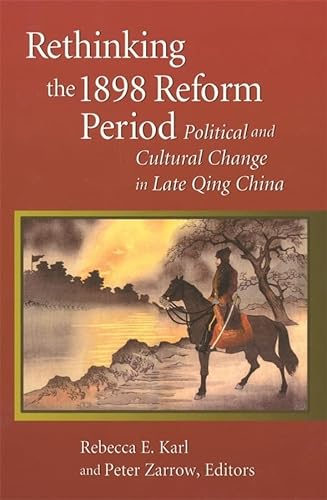

![The Politics of Land Reform in Chile, 1950-1970 : Public Policy, Political Institutions, and Social Change [first edition]
The Politics of Land Reform in Chile, 1950-1970 : Public Policy, Political Institutions, and Social Change [first edition]](http://pictures.abebooks.com/isbn/9780674689206-us.jpg)
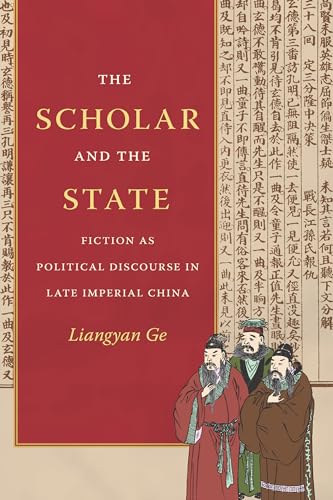
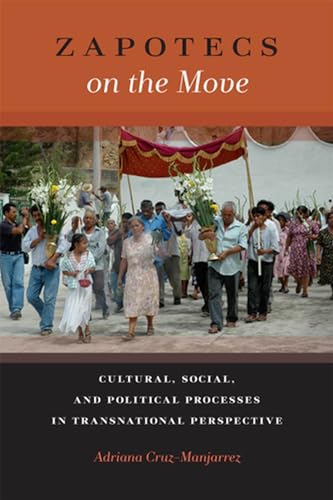
![Chinese Scholar's Studio: artistic life in the late Ming period [first edition]
Chinese Scholar's Studio: artistic life in the late Ming period [first edition]](http://pictures.abebooks.com/isbn/9780500014233-us.jpg)
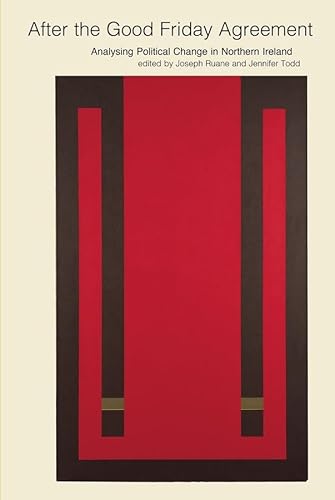
![The Politics of Change in Georgia: A Political Biography of Ellis Arnall [signed] [first edition]
The Politics of Change in Georgia: A Political Biography of Ellis Arnall [signed] [first edition]](http://pictures.abebooks.com/isbn/9780820313061-us.jpg)

![Economics for People and the Planet: Inequality in the Era of Climate Change (Anthem Frontiers of Global Political Economy) [Soft Cover ]
Economics for People and the Planet: Inequality in the Era of Climate Change (Anthem Frontiers of Global Political Economy) [Soft Cover ]](http://pictures.abebooks.com/isbn/9781785271342-us.jpg)

![Church Reform and Social Change in Eleventh-Century Italy: Dominic of Sora and His Patrons (The Middle Ages Series) [first edition]
Church Reform and Social Change in Eleventh-Century Italy: Dominic of Sora and His Patrons (The Middle Ages Series) [first edition]](http://pictures.abebooks.com/isbn/9780812234121-us.jpg)
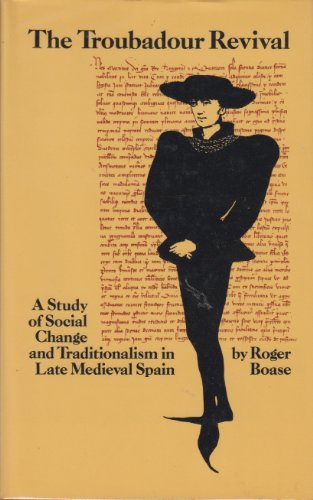
![Rethinking Camelot: JFK, the Vietnam War, and U.S. Political Culture (Chomsky Perspectives) [Paperback] [Sep 16, 2015] Noam Chomsky
Rethinking Camelot: JFK, the Vietnam War, and U.S. Political Culture (Chomsky Perspectives) [Paperback] [Sep 16, 2015] Noam Chomsky](http://pictures.abebooks.com/isbn/9780745335421-us.jpg)





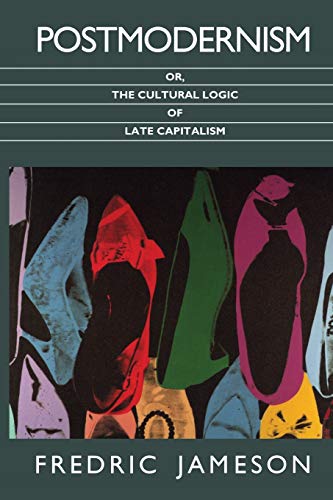
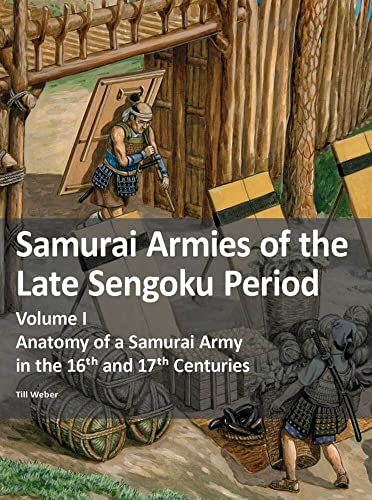


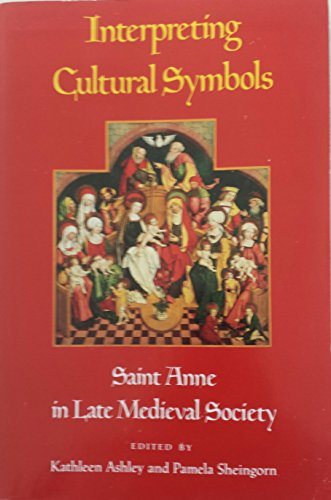
![Nubian Ceremonial Life: Studies in Islamic Syncretism and Cultural Change [Soft Cover ]
Nubian Ceremonial Life: Studies in Islamic Syncretism and Cultural Change [Soft Cover ]](http://pictures.abebooks.com/isbn/9789774249556-us.jpg)



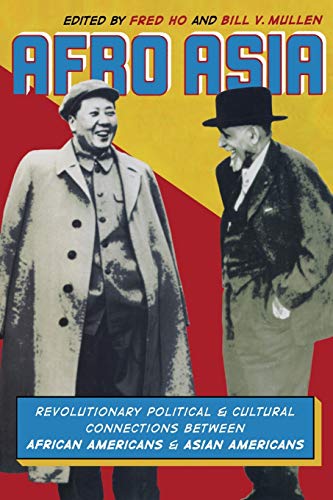
![A Passion for Leadership: Lessons on Change and Reform from Fifty Years of Public Service [signed]
A Passion for Leadership: Lessons on Change and Reform from Fifty Years of Public Service [signed]](http://pictures.abebooks.com/isbn/9781101947265-us.jpg)






